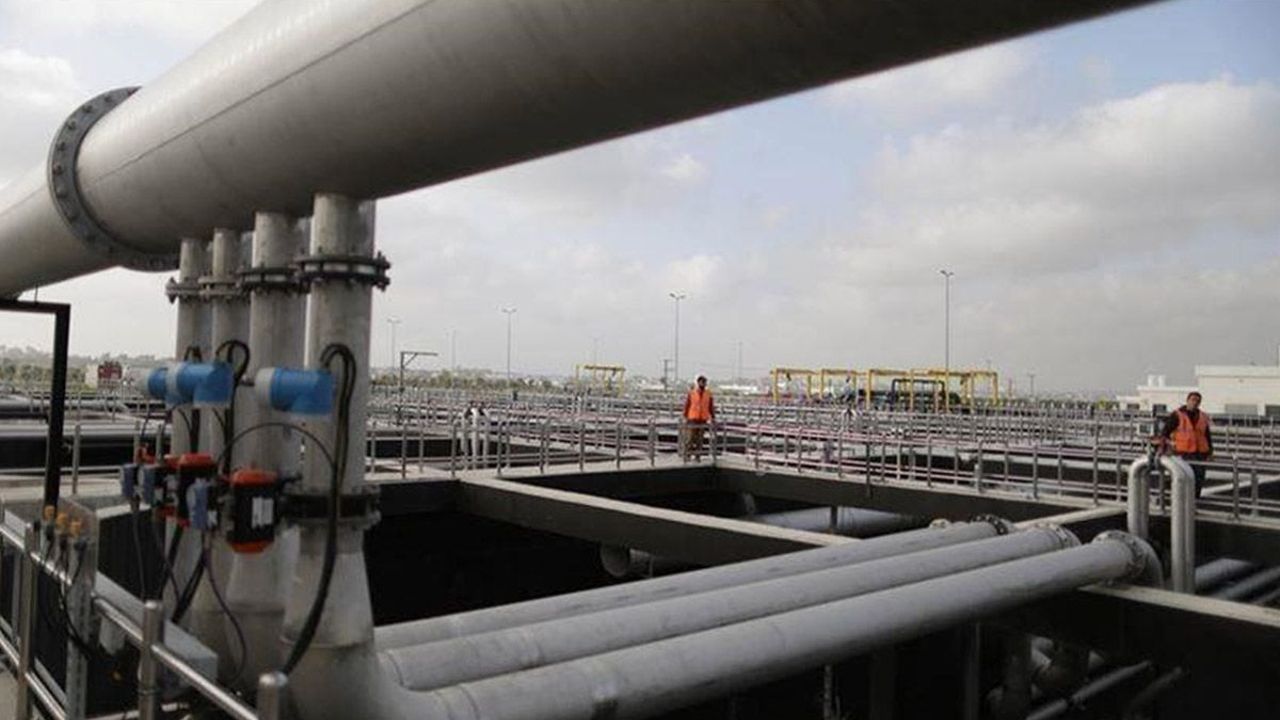Gas storage withdrawals accelerate in EU, UK as cold spell drives up heating demand
High storage levels are critical in Europe to pass winter without major gas shortage and power blackouts amid ongoing energy crisis

As the winter conditions worsen in Europe and the UK, gas demand for heating rises and withdrawals from natural gas storage facilities accelerate. Over the past week, a number of European countries and the UK have experienced colder temperatures and heavy snowfall, prompting increased withdrawals from gas storage, which was 87.3% full in Europe as of Dec. 12, down from around 94% in November.
"Temperatures this week are forecast to be below zero and higher gas consumption is expected," Ana Maria Jaller-Makarewicz, an energy analyst at the Institute for Energy Economics and Financial Analysis (IEEFA).
The acceleration in withdrawals in December thus far has resulted from an unseasonably mild winter in November, which allowed storage levels in Europe to accumulate.
"In November, the majority of the EU countries had filled over 94% of their storage capacity," Jaller-Makarewicz noted.
Data from Gas Infrastructure Europe shows that natural gas storages in the EU and the UK were 87.3% and 87.7% full, respectively, as of Dec. 12. Germany, with the highest gas storage capacity, is 92.4% full, while Italy and France are 87.2% and 88.1% full, respectively.
Latvia currently has the lowest gas storage level at 51.6%, while Estonia, Finland, Greece, Lithuania, Luxembourg, Malta, Slovenia and Ireland do not have any gas storage facilities.
HUNGARY HAS THE LOWEST STORAGE LEVELS
Hungary is also among the countries with the lowest storage levels, at 78%. Storage sites in the EU are around 88% full on average, or 14% above their five-year average of 11 billion cubic meters, according to Gergely Molnar, a natural gas analyst at the International Energy Agency (IEA).
"The current cold spell is a stark reminder of the impact of weather on gas demand and the continued need for gas demand-saving measures as well as greater investments in energy efficiency," he said, noting that colder temperatures in Europe are driving up gas demand for space heating while lower wind generation is increasing the demand from gas-fired power plants in the EU, where almost one-fifth of its electricity derives from natural gas.
According to Jaller-Makarewicz, despite the expected colder temperatures, potential power outages and reduced output from nuclear plants, Europe is capable of handling the demand.
"There is still a risk of power outages, but it will all depend on how severe the winter is and on the state of power plants in some countries. France used to be an electricity exporter, but this year the nuclear plants have had nuclear reactor outages arising from corrosion problems," she explained.
About half of the 56 nuclear reactors in France are currently facing problems in their cooling circuits, leading to a significant drop in the country's power generation from nuclear plants. Nuclear accounted for almost 70% of electricity production in France in 2021.
As Europe urgently attempts to reduce its gas reliance on Russia and pass the winter without major gas shortages and power blackouts, Jaller-Makarewicz noted that the return of France's nuclear plants is critical to this end and that supply and costs are also the most significant issues that countries face.
However, International Energy Agency gas analyst Gergely Molnar contends that despite adverse weather conditions, gas demand will remain below last year's levels.
"Our data indicates that the combined gas demand in the EU and the UK was 7% lower than last year in the first 10 days of December. Demand saving measures and lower gas use in industry are reducing overall gas consumption," he said, adding that non-Russian gas supply remains strong, with LNG inflows to Europe at near-record levels.
According to the IEA, the EU's natural gas imports from Russia have dropped to 60 billion cubic meters this year from 140 billion cubic meters last year.
Earlier this week, the agency warned that the EU could face 30 billion cubic meters of gas shortages next year, and it advocated for stronger measures to reduce demand by increasing efficiency and faster deployment of renewables to close this gap.








